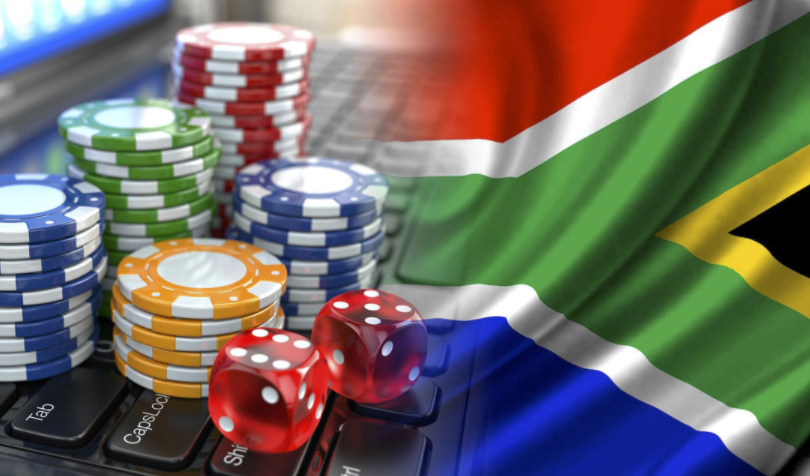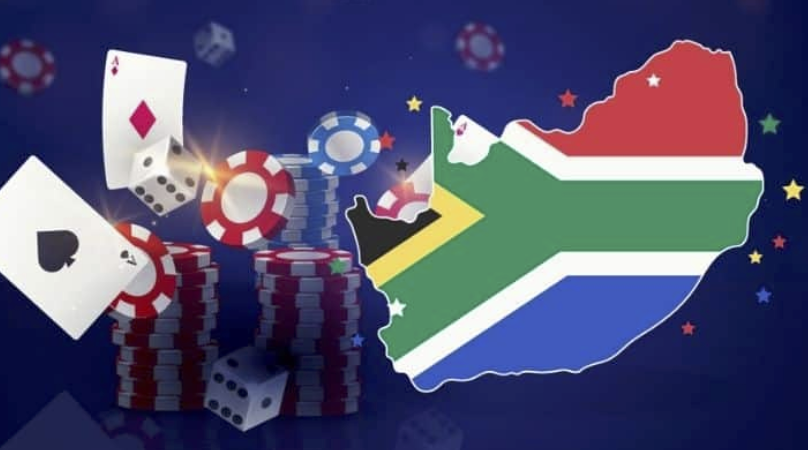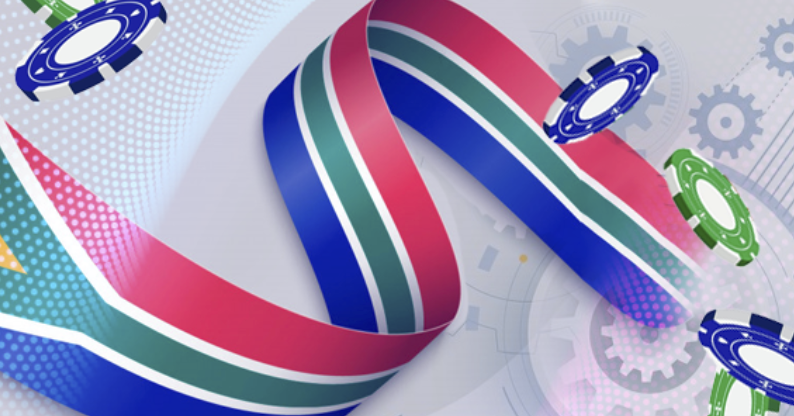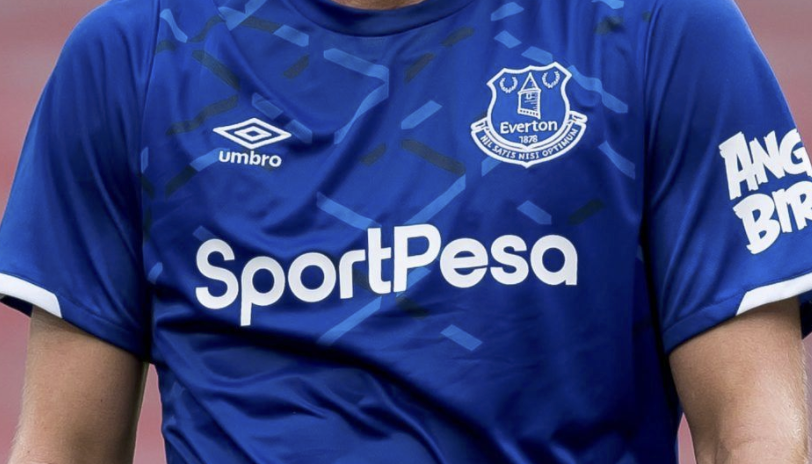Payment systems are often one of the most critical considerations that each player can consider first. Thanks to the development of technology, the settlement of casinos has been strongly assisted. At present, each casino has at least 10 payment types.
The cryptocurrency (virtual currency) has come into use in recent years and has grown incredibly dramatically. It has already managed to find its way into the casino industry and has been welcomed with excitement in a variety of locations. Most Bitcoin casinos fund their clients with common and less unpredictable virtual currencies.
After a few bad cryptocurrencies, a lot of players were curious regarding them. So is it legal for Bitcoin and other coins?
In reality, the response depends entirely on your country. In the US, there are no regulations banning trade in virtual currency. So, essentially, you don’t have any difficulty working with cryptocurrencies in international online casinos.
Japan is a nation renowned for the control of cryptocurrencies. They have very strict regulations on the use of this currency. However, the casino factor is not so much impacted. Even so, Bitcoin and others are also not commonly used in online casinos. It can only be found in mainstream purchases.
Perhaps one of the reasons that this country is so closely controlled is that the unfortunate thing happened to Mt. Gox. In 2014, the cryptocurrency trading network went bankrupt after experiencing the highest and also the first cryptocurrency platform in the nation.
More than 36 million e-wallets were produced in the first quarter of last year alone, and this figure continues to grow.
It should be seen that the number of blockchain users is always growing every day, even if the $10,000 that Bitcoin is worth at is a long time away. Right now, the worth of a bitcoin is just $6,000, so it’s not that bad either. While it is known to be the most volatile currency, many people do use it.
Experts say the cryptocurrencies are all going quite well. Although its height is only likely to bounce back in 2017. It could be a year, a few months, or just a couple of weeks.



